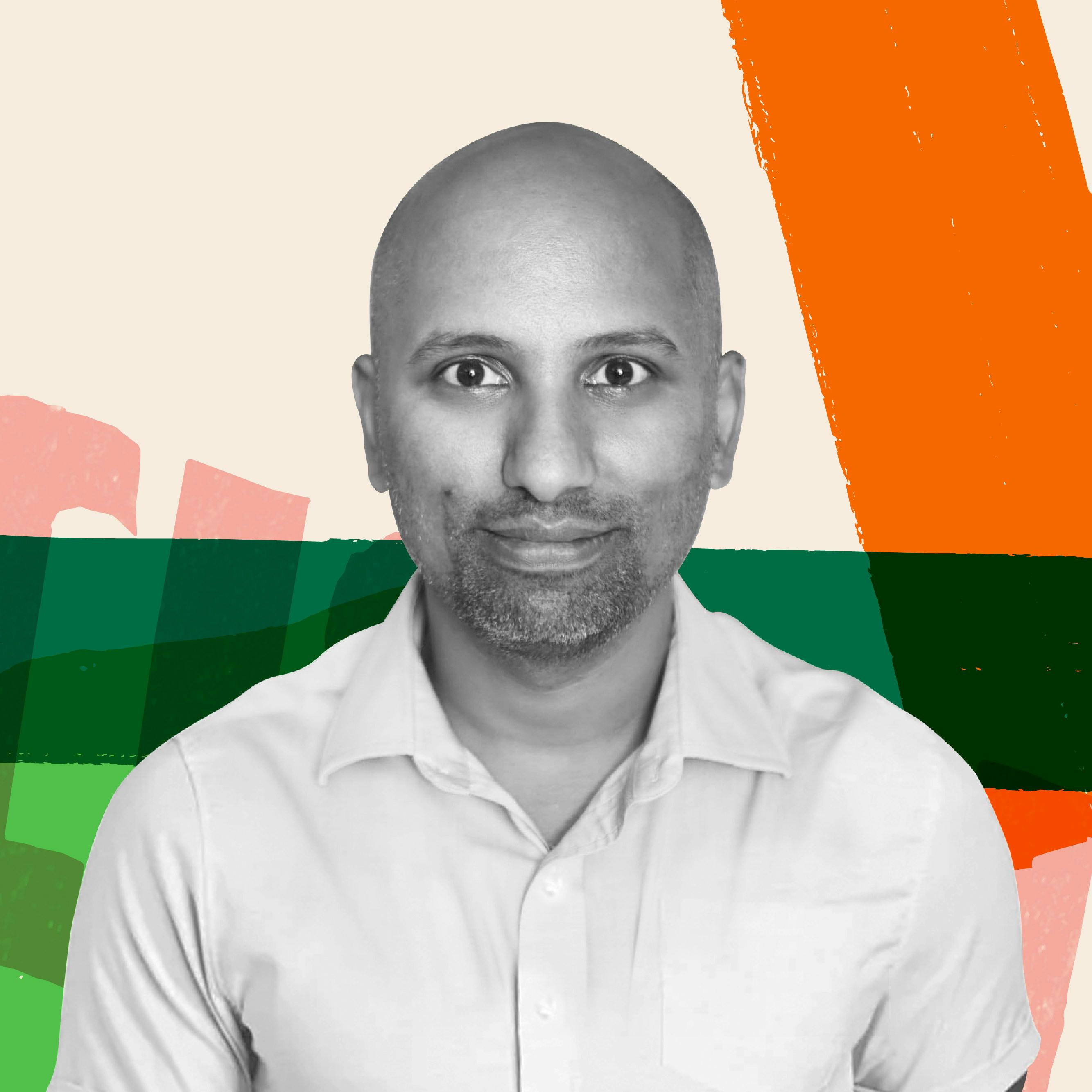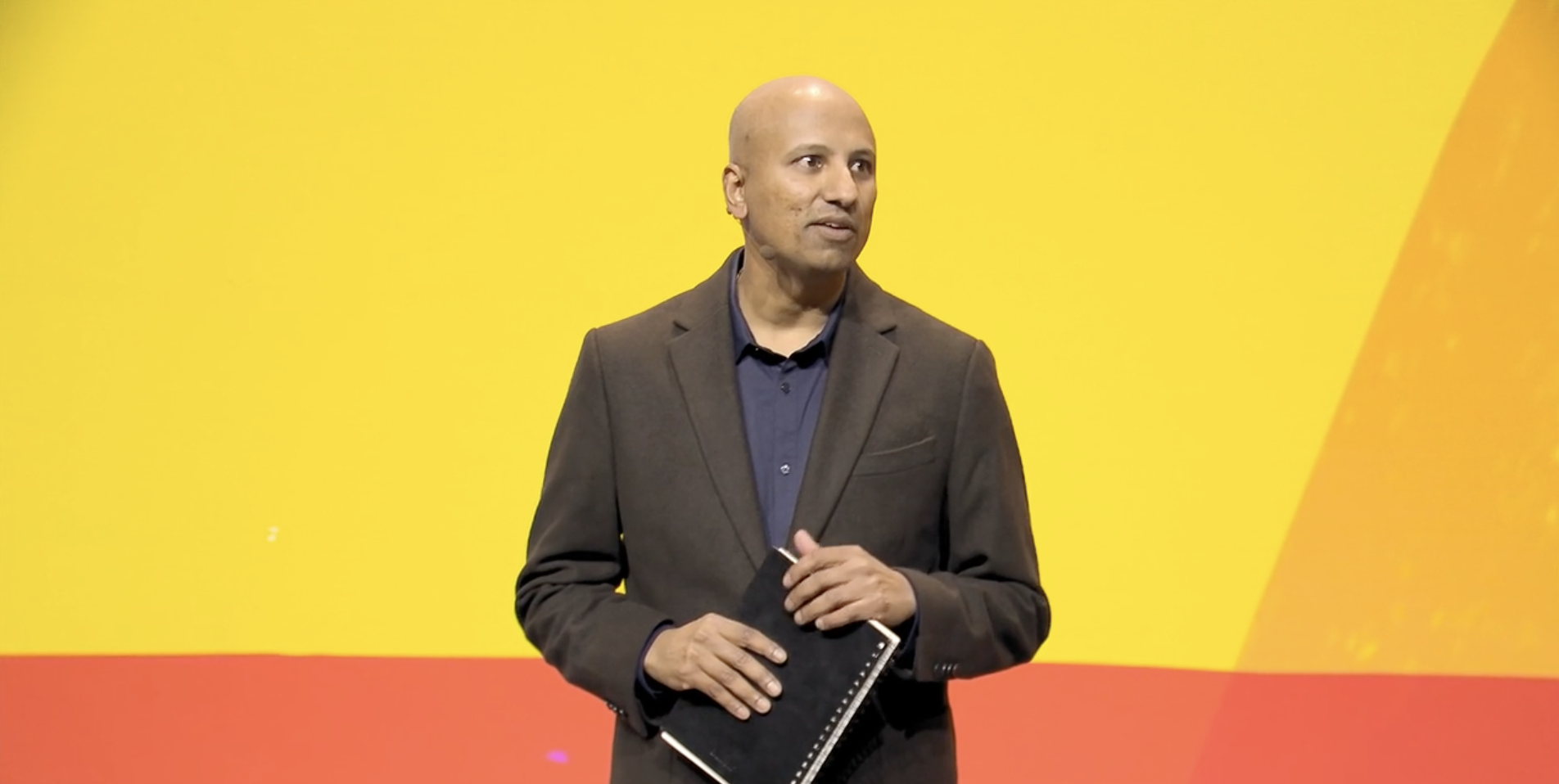Sriram Shamasunder
HEAL Initiative


Dr. Sriram Shamasunder is a hospitalist and professor of medicine at the University of California San Francisco with a driving passion for health equity. He is the co-founder and faculty director of the HEAL (Health, Equity, Action, and Leadership) Initiative, where he leads a health workforce delivering care in Navajo Nation and nine other countries around the world. At the height of the COVID pandemic, Shamasunder led the HEAL UCSF emergency response, caring for patients and supporting volunteer UCSF nurses and doctors in HEAL’s partner site hospitals in New Mexico and Navajo Nation. HEAL received a Navajo Indian Health Service award for its service in 2020.
Shamasunder was named Young Physician of the Year in 2010 by the American College of Physicians; an Asia21 Fellow by the Asia Foundation in 2012; a Fulbright-Nehru Scholar to India in 2012; and an Emerson Dial Fellow in 2021. In 2016, he gave a TEDx Talk called “Whose Suffering Matters Less, and Why?” He is also a published poet, having studied and taught with June Jordan’s Poetry for the People while at UC Berkeley.
About HEAL Initiative
HEAL (Health, Equity, Action, and Leadership) is a fellowship program that is building a global movement for health equity. HEAL trains and transforms frontline health professionals from around the world to provide care for the resource-denied, working in partnership with local providers. Through mentorship and hands-on community practice, the program teaches and trains fellows to deliver high-quality and equitable care, and to build and lead global health delivery programs that center equity. HEAL has more than 180 fellows, half of whom are Native American and from low- and middle-income countries.
When you look back in five years, what do you hope you and your organization have accomplished?
In five years, I hope HEAL has catalyzed a movement across California to support and build the Black and brown health workforce serving marginalized communities in California. Each UC medical center will have a HEAL hub that builds power among health workers from marginalized communities in California. HEAL will expand access to our model, with hubs in Mexico, East Africa, Navajo Nation, and India, transforming cadres of health workers who are monolingual (Spanish- or Hindi-speaking, for example). U.S. government funding and California state funding will unlock the ability of other academic medical centers to replicate our model.
How is the changing climate impacting your work?
Climate change is increasingly impacting health, especially in marginalized communities. Cholera is increasing because of floods. Malaria is spreading to ever-higher altitudes as temperatures continue to rise. Crop failures exacerbate poverty, hunger, and illness. And as with so many global crises, climate change disproportionately impacts low-income patients in low-income countries. As health workers, we have to study, learn, and advocate to make the linkages clear: Climate change is having a profound, negative effect on human health, and it falls hardest on resource-denied communities.